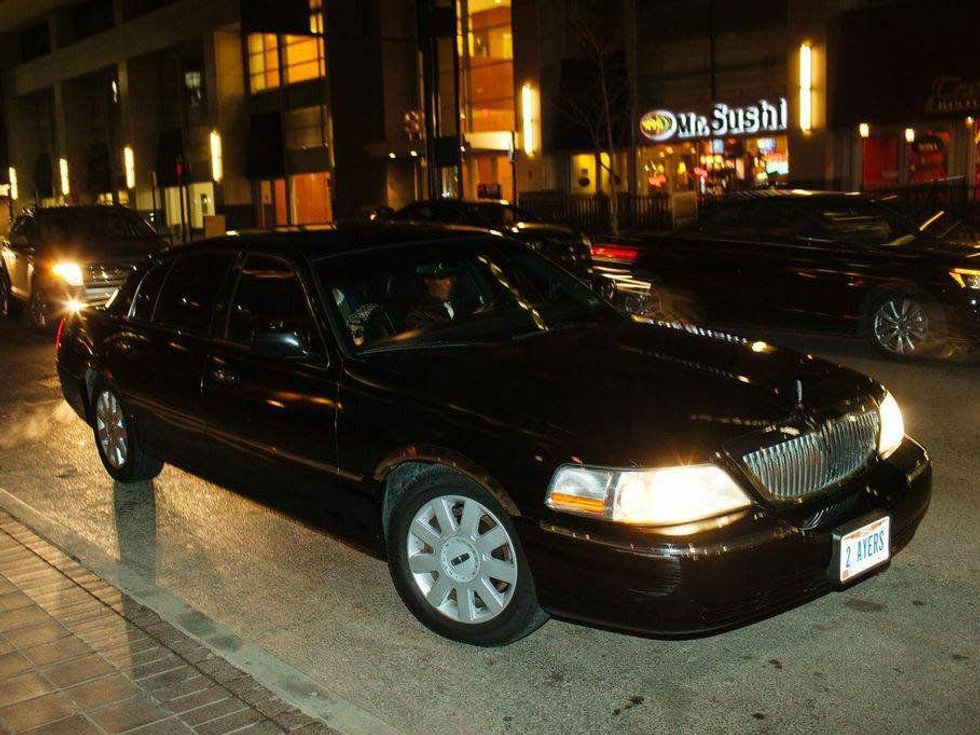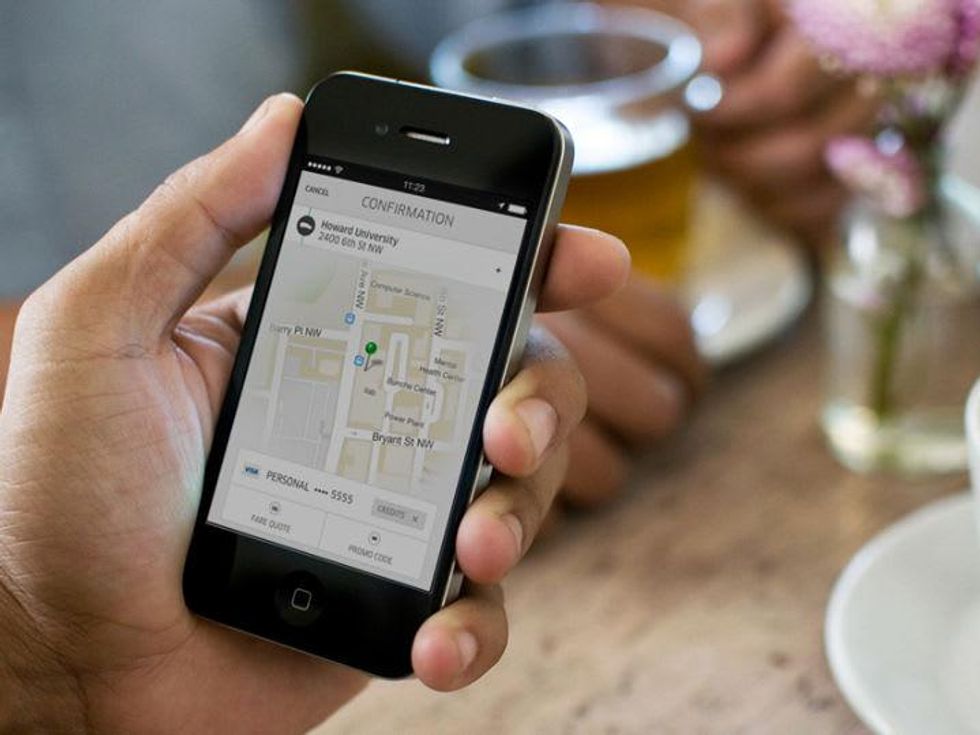Hitch A Ride(share)
As the transportation discussion rages on, Austin talks rideshares
The discussion around Austin's public transportation debate has been at times both fevered and nuanced, driven in large part by social media. There have been discussions about lightrail, late-night bus service, parking ticket waivers, taxi driver accountability and, of course, drinking and driving. But during this call to action, no one name has popped up more than Uber, the black car ridesharing service started and headquartered in San Francisco.
For those who haven't used the service — which is currently available in 35 countries and dozens of cities across the U.S. including New York, Los Angeles, Dallas and Houston — Uber is a smartphone-based app that allows users to tap a button, type in a destination and order a chauffeured black car directly to their front door. On Thursday, May 15, the Austin City Council will vote to approve a resolution asking City Manager Marc Ott to develop a recommendation for personal, non-commercial vehicles services like these.
In a 2013 memo to Mayor Lee Leffingwell, Ott and the City Council, then-director of the Austin Transportation Department Robert Spillar wrote that rideshares like Uber must be regulated through a taxi franchise or operating authority, thus ending the chances of the company operating within city limits.
Staff believes that these two services (car/vanpool or licensed vehicles-for-hire) represent the full spectrum of ridesharing activities possible and that smart phone enabled rideshare (SPER) applications either facilitate legitimate car/vanpool activities where compensation is on the basis of trip cost (now legal under City Code); or they are serving as dispatch for a vehicle-for-hire activity, that if not licensed through a taxi franchise or operating authority, is illegal.
Currently, rideshares like Uber, Sidecar and Lyft, among others, are unable to provide service in Austin, due in part to complex regulations and a city code that covers only car/vanpools and regulated taxi and chauffeured rides. Rideshare companies fall somewhere in the middle; unlike a traditional taxi or limo company, many rideshares simply provide the connection between the driver and the passenger, not the actual service itself.
Like everything in this debate, it's a complex issue. Rideshares offer alternative transportation options, something desperately needed in Austin, and will often take rides beyond the area restrictions put in place by taxi cabs. Add in the fact that they're both fast and fancy, and a rideshare is a trendy way to get around town.
But rides from companies like Uber are pricey, and could potentially price out an entire group of people who see it more as a special treat than a viable transportation alternative. And as more and more of these rideshare companies launch petitions to our city council — and they pop up on Facebook and Twitter feeds — one can't shake the feeling that our citywide tragedy is being turned into a marketing opportunity.
However, many see the relaxing of regulations for Uber and its ilk as paving the way for fresh ideas about transportation, ideas that will undoubtedly pop up from Austin's entrepreneurial and creative community.
Rideshares aren't the only transportation issue City Council is taking up this week. Also on Thursday's docket is a vote on a resolution to work with taxi franchises to address the increase in demand, as well as a resolution to create a comprehensive website, phone number and advertising campaign highlighting Austin's late-night transportation options.
The eyes of Austin will undoubtedly be on City Council over the next weeks as it lays the framework for a new transportation system. To read the full resolutions and, if inclined, to lobby City Council and Mayor Leffingwell, Austin Music People has set up a website.


